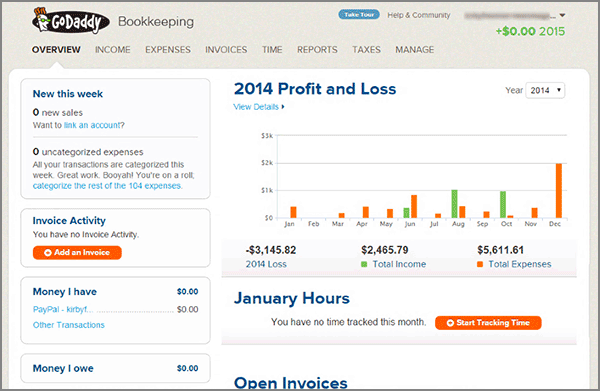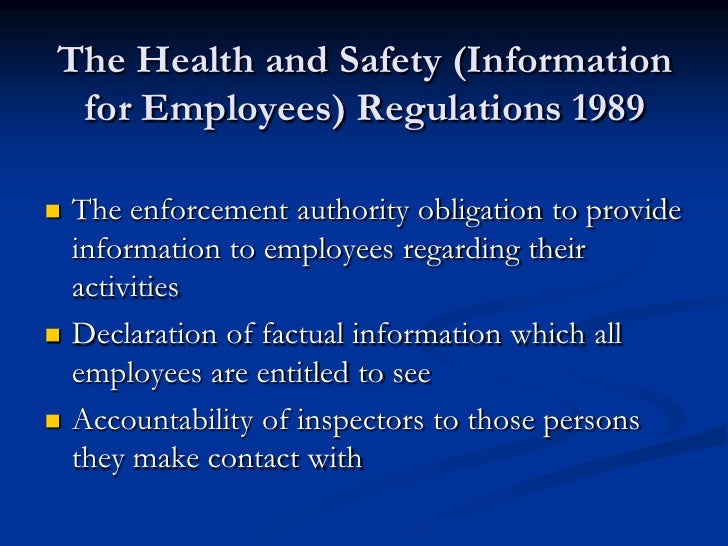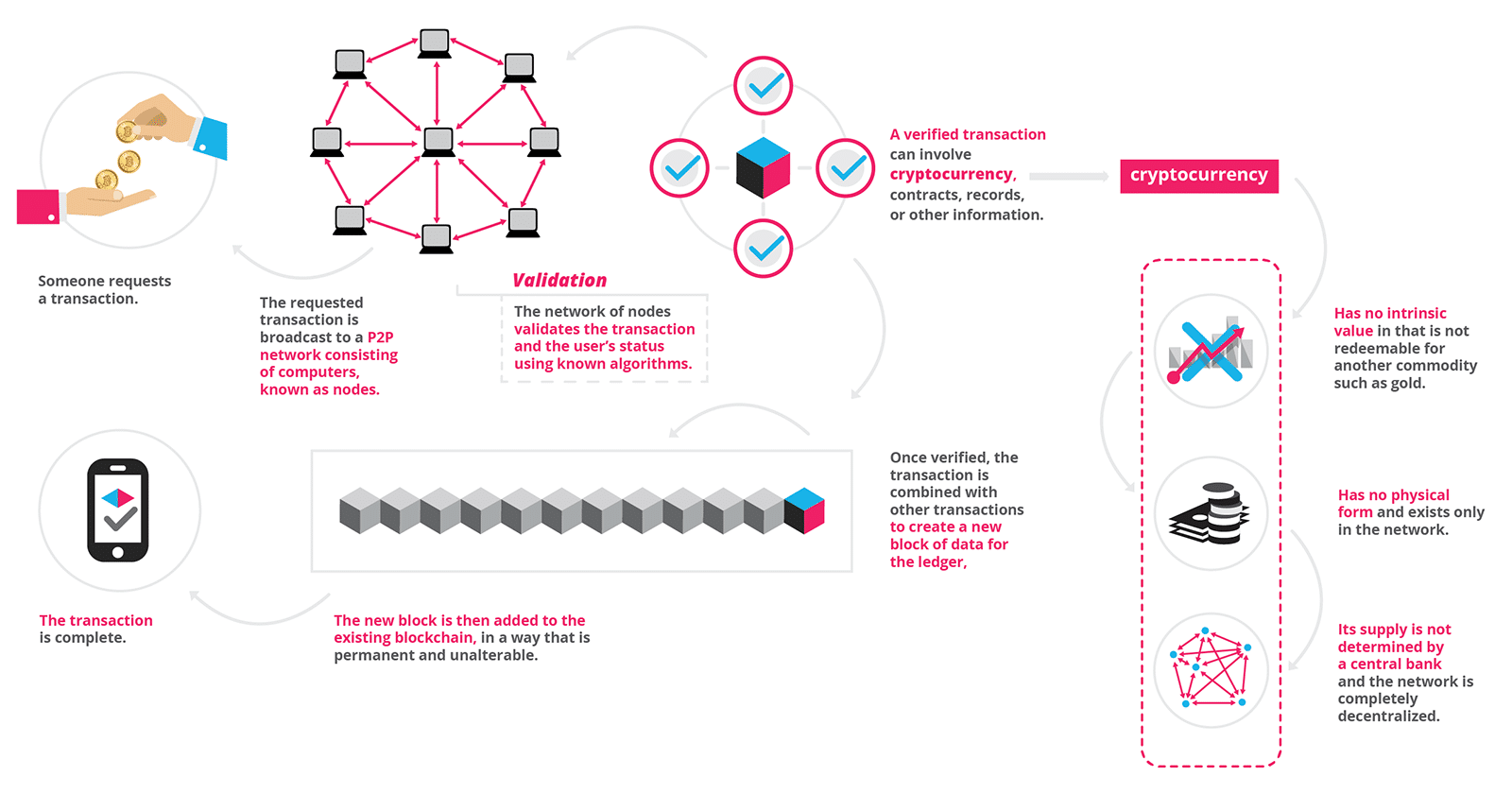
Image source: http://www.forkauaionline.com/wp-content/uploads/2017/05/40_1495076492_80acc3f50cbe9d3d47637f7cb516e185.jpg
SOME BASICS OF FINANCIAL EMPOWERMENT
INTRODUCTION:
What Is Financial Empowerment?
Financial empowerment refers to a state of financial self-sufficiency, which enables a person to have more than enough for him or herself and to take care of other peoples needs as well. It also means having more than enough financial resources for the present and for the future.
Financial empowerment enables you to live your life in such a way that you do not spend most of your life working for money but rather, money working for you.
Financial empowerment is an essential and an integral part of the Christian faith. Jesus had financial sufficiency, if not; he would not have employed a financial manager and treasurer in the person of Judas Iscariot.
God does not only endorse financial empowerment of His children, He actually empowers them and teaches them as well to prosper.
Deut. 8:18
But thou shalt remember the Lord thy God: for it is he that giveth thee power to get wealth, that he may establish his covenant which he sware unto thy fathers, as it is this day.
Isaiah 48:17
Thus saith the Lord, thy Redeemer, the Holy One of Israel; I am the Lord thy God which teacheth thee to profit, which leadeth thee by the way that thou shouldest go.
In this article, we are going to be considering some basic truths about financial empowerment, which are as follows:
1. Dissatisfaction with your present state
2. Desire for change
3. Decision to take personal responsibility
4. Determination to follow through with the decision
5. Duty to act on your decision
6. Diligence to the actions of your decision
TEXT:
Luke 15:11-20
And he said, A certain man had two sons: [12] And the younger of them said to his father, Father, give me the portion of goods that falleth to me. And he divided unto them his living. [13] And not many days after the younger son gathered all together, and took his journey into a far country, and there wasted his substance with riotous living. [14] And when he had spent all, there arose a mighty famine in that land; and he began to be in want. [15] And he went and joined himself to a citizen of that country; and he sent him into his fields to feed swine. [16] And he would fain have filled his belly with the husks that the swine did eat: and no man gave unto him. [17] And when he came to himself, he said, How many hired servants of my father's have bread enough and to spare, and I perish with hunger! [18] I will arise and go to my father, and will say unto him, Father, I have sinned against heaven, and before thee, [19] And am no more worthy to be called thy son: make me as one of thy hired servants. [20] And he arose, and came to his father. But when he was yet a great way off, his father saw him, and had compassion, and ran, and fell on his neck, and kissed him.
1. Dissatisfaction with Your Present State
Financial empowerment begins with dissatisfaction of your present financial state. Until you are discontent with where you are currently there is no way you are going to desire a new state or change. Change is a product of the dissatisfaction of a present state of affairs.
The prodigal son became dissatisfied with the despondent state in which he found himself.
[14] And when he had spent all, there arose a mighty famine in that land; and he began to be in want. [15] And he went and joined himself to a citizen of that country; and he sent him into his fields to feed swine. [16] And he would fain have filled his belly with the husks that the swine did eat: and no man gave unto him. [17] And when he came to himself,...
2. Desire for Change
Once you become dissatisfied with your present state, a desire for change will automatically be birthed in your spirit. I said desire not a wish. A wish is mere fantasy of an ideal state of life but backed with no decision to attain it. A desire on the other hand is a strong longing, craving, yearning or aspiration for something, which is backed by decision or action to achieve it.
The prodigal son, after becoming dissatisfied with the despondent state in which he found himself, started desiring for a change in his situation.
[17] And when he came to himself, he said, How many hired servants of my father's have bread enough and to spare, and I perish with hunger!
3. Decision to Take Personal Responsibility
A Decision is a choice or resolve to do something. Every serious desire must be followed by this resolve called decision
The thought of the prodigal son about his condition brought him to his senses and he realized his end if he continued thus. He compared his lot with the servants of his father, making his final decision to go back home and plead for the lowest place in the household.
[17] And when he came to himself, he said, How many hired servants of my father's have bread enough and to spare, and I perish with hunger! [18] I will arise and go to my father, and will say unto him, Father, I have sinned against heaven, and before thee, [19] And am no more worthy to be called thy son: make me as one of thy hired servants.
Financial empowerment thus requires a decision to take personal responsibility to effect a change in our financial state.
4. Determination to Follow Through With the Decision
For a decision to become a reality, it must be backed by the determination to follow through with it. Determination here refers to willpower, strength of mind, resolve, fortitude, purposefulness, and resilience.
The prodigal son, after reaching the decision to take personal responsibility, was so determined that, he decided he would do everything possible to return to the father and win acceptance even if it will mean losing his sonship with the father and being considered as a servant of the father.
[18] I will arise and go to my father, and will say unto him, Father, I have sinned against heaven, and before thee, [19] And am no more worthy to be called thy son: make me as one of thy hired servants.
In the pursuit of financial empowerment, it will sometime be economically prudent to relinquish certain titles, positions, status, ideologies, belief systems etc, we have annexed to ourselves in order to make it financially.
5. Duty to Act on Your Decision
Duty is a contractual obligation to perform a task or an assignment. In the pursuit of financial empowerment one of the cardinal ingredients in the duty to act on our decisions.
Many dreams, visions, plans and aspirations of life though potentially very viable and powerful were never achieved because they never were implemented. The action stage of any process is the most daunting, intimidating, challenging, frightening, overwhelming, scary, disheartening, demoralizing etc.
Many people never get past this stage because confronts the realities of life. This where the successful and failures in life are determined.
The prodigal son was not merely determined but he actually acted on his decision.
[20] And he arose, and came to his father.
Psalm 1:1-3
Blessed is the man that walketh not in the counsel of the ungodly, nor standeth in the way of sinners, nor sitteth in the seat of the scornful. [2] But his delight is in the law of the Lord; and in his law doth he meditate day and night. [3] And he shall be like a tree planted by the rivers of water, that bringeth forth his fruit in his season; his leaf also shall not wither; and whatsoever he doeth shall prosper.
Financial empowerment requires definite action on our part and nothing can be substituted for action in the pursuit of financial empowerment.
6. Diligence to the Actions of Your Decision
Diligence also means assiduousness, persistence, industriousness, tirelessness, and hardworking. Every action requires diligence to succeed and to be excellent.
Proverbs 21:5
The thoughts of the diligent tend only to plenteousness; but of every one that is hasty only to want.
The counsels, reckonings, and calculations of the diligent increase his abundance; but he who is hasty, impatient, and restless in his pursuit of gain will not succeed.
Proverbs 10:4
He becometh poor that dealeth with a slack hand: but the hand of the diligent maketh rich.
Proverbs 12:27
The slothful man roasteth not that which he took in hunting: but the substance of a diligent man is precious.
Proverbs 13:4
The soul of the sluggard desireth, and hath nothing: but the soul of the diligent shall be made fat.
Proverbs 22:29
Seest thou a man diligent in his business? he shall stand before kings; he shall not stand before mean men.
CONCLUSION
Proverbs 27:23-27
Be thou diligent to know the state of thy flocks, and look well to thy herds. [24] For riches are not for ever: and doth the crown endure to every generation? [25] The hay appeareth, and the tender grass sheweth itself, and herbs of the mountains are gathered. [26] The lambs are for thy clothing, and the goats are the price of the field. [27] And thou shalt have goats' milk enough for thy food, for the food of thy household, and for the maintenance for thy maidens.








